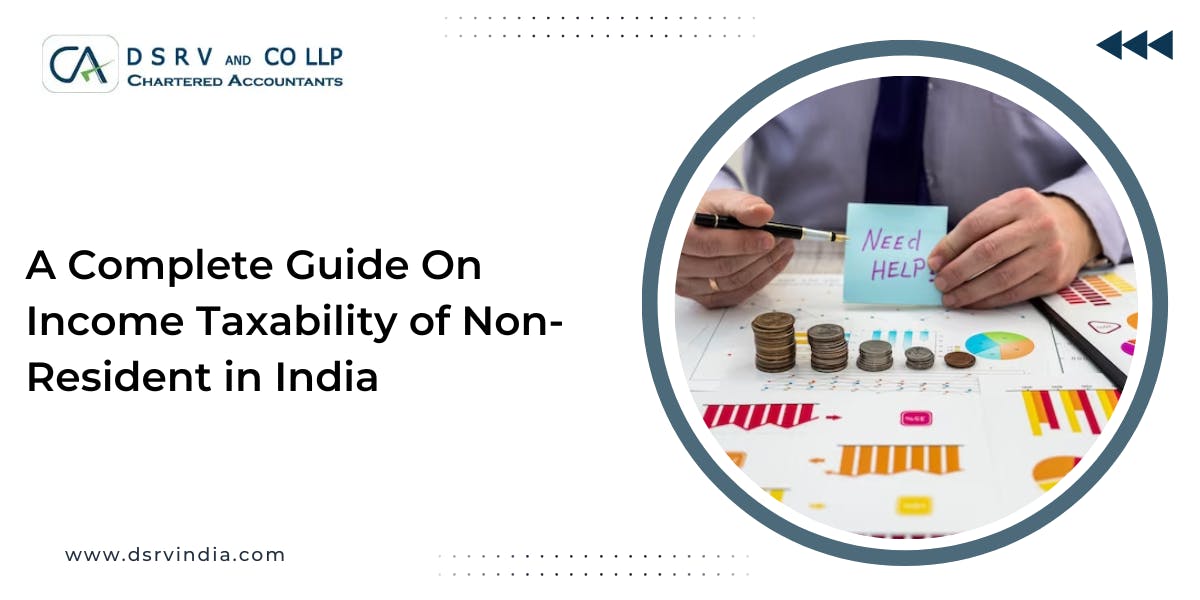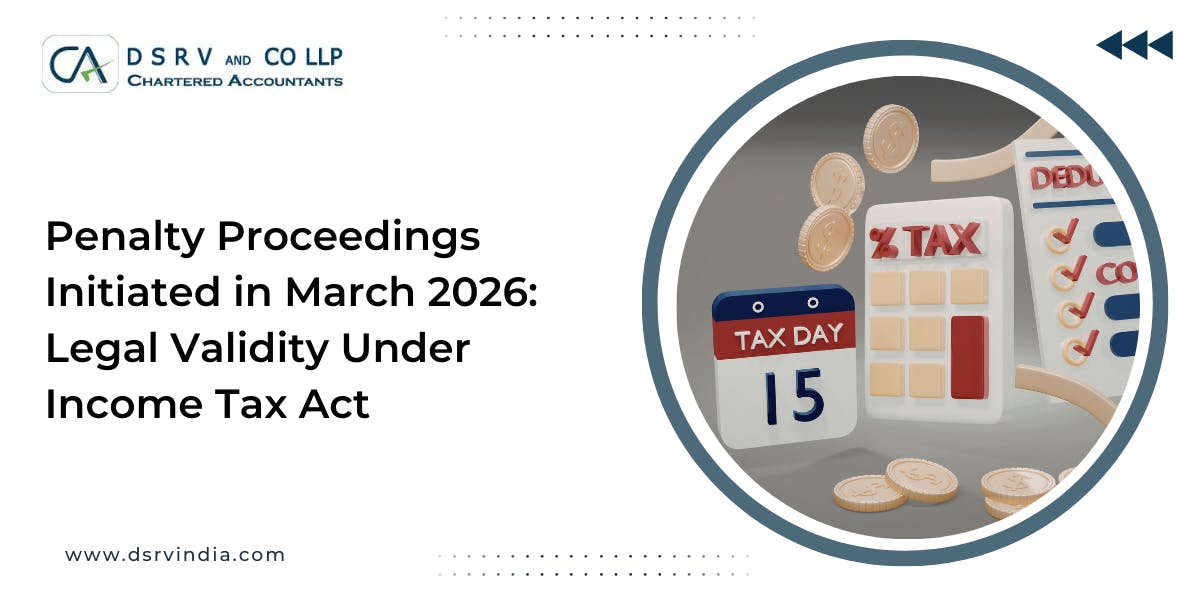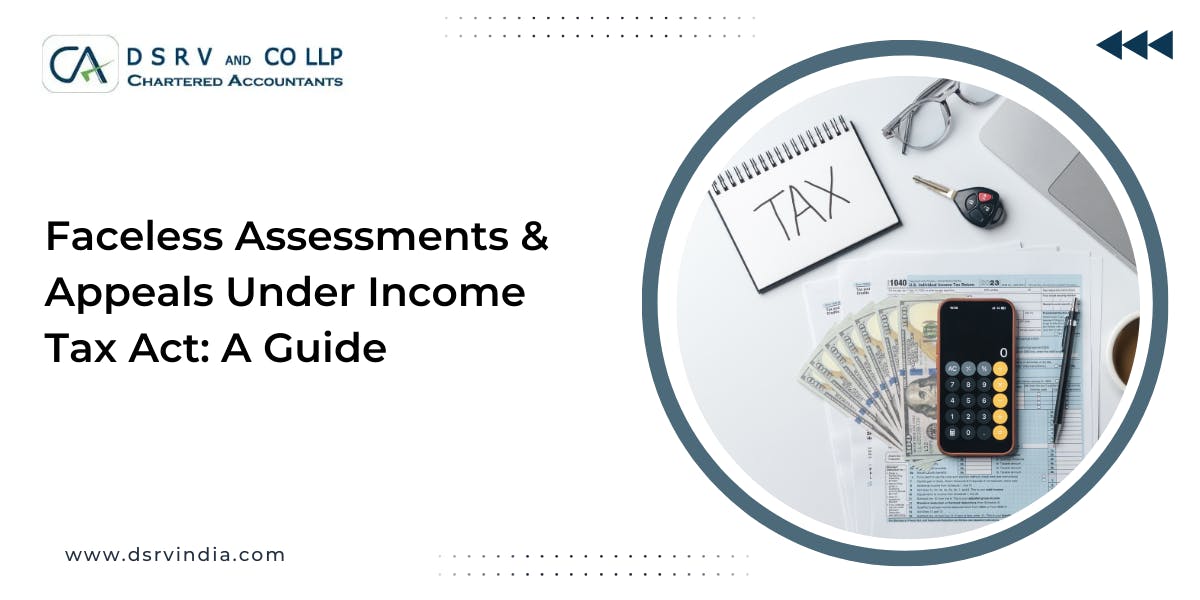Millions of hearts beat for India, even from faraway countries like the Middle East, the U.S., the UK, Canada, Singapore, and more. NRIs like you might have strong attachments to their home country, which are sometimes represented in your financial connections such as bank accounts, homes, or business operations.
Yet, this cherished connection comes with a big challenge like managing the complexities of NRI taxation in India. Just think about the peace of mind that comes from knowing you are compliant, contributing properly to the growth of the nation, and optimizing your tax status.
It is possible by consulting one of the leading Chartered Accountant firms in Gurgaon for Taxation services. So, let’s begin the informative journey on the taxability of non-resident in India, step by step to ensure your financial security and build a strong bond with the country.
Our goal is to help NRIs like you minimize tax liability through optimized planning, robust compliance, and reliable tax litigation services. Contact us today to take the first step towards an efficient NRI tax strategy and total peace of mind!
Understand Your Residential Status
Who Is An NRI?
An NRI, or Non-Resident Indian, is an Indian citizen who stays outside of India for specified periods of time, as defined by the Income Tax Act. Generally, if you spend less than 182 days in India during a financial year, you're considered an NRI.
Read This : Insider Tips For Foreign Companies To Start A Business In India
Various Categories Of NRIs
Beyond the fundamental NRI classification, you may fall into one of the following subcategories:
Person of Indian Origin (PIO): This term refers to those whose parents or grandparents were born and raised in undivided India. It provides some advantages, such as multiple-entry permits and cultural exchange opportunities, but does not affect tax residency.
NRI-OCB (Non-Resident Indian - Overseas Citizenship of India): It refers to those who hold an OCI card issued by the Indian government to individuals and their descendants who left India after 1947.
Like PIOs, NRI-OCBs also maintain NRI status for tax purposes but enjoy benefits like visa-free travel and business investment opportunities.
Must Read: How FDI Under FEMA Can Boost Your Financial Wealth!
How To Determine Your NRI Tax Status?
Your residential status is key to determining your tax liability in India as an NRI. According to Indian income tax laws, you are considered a "Resident" if you were in India for at least 182 days (6 months) in a financial year.
The residency criteria take into account your presence in India over the previous four financial years. You can be considered a resident if you have spent at least 60 days in India during the financial year and 365 days in the previous four financial years.
However, there are certain exceptions to the 60-day rule. Indian citizens who left India to work overseas or as crew members on Indian ships are not eligible. The same goes for PIOs and Indian citizens visiting India. For them, the 182-day rule is the only residency criteria.
Types of Taxability of Non-Resident in India
Living overseas while keeping financial ties with India presents challenges, especially in terms of taxation. Here's a breakdown of various types of non residents in India income tax and their tax implications:
Taxation On Salary Income
Your salary income as an NRI will be taxed in India in two situations:
Firstly, if the salary is received in India directly in your Indian bank account or by someone else on your behalf, it becomes taxable income in India.
Second, if the salary is paid for services done while you were physically present in India, it is considered income earned in India. As a result, even if the salary is deposited into an overseas bank account, it is taxed.
In all circumstances, the salary income is taxed in India according to the applicable income tax slabs for the financial year. The highest slab rate is 30% for earnings beyond Rs 10 lakhs. Surcharges and cess will also apply based on your taxable income.
Taxation On Income From House Property
Any revenue earned from a housing property in India is taxed for NRIs, whether it is rented out or left vacant. NRIs and local Indians pay the same tax on housing property income.
The taxable value is calculated using the annual rental value or the actual rent collected, whichever is higher. NRIs can take a regular 30% deduction on this amount. Additional deductions can be claimed for property taxes paid to local municipal authorities.
If the property was purchased through a home loan, the interest paid during the financial year is deducted from your income. Section 80C allows for a deduction on principal repayments. Stamp duty and registration fees on the purchase of a property can also be claimed under 80C.
Taxation On Other Sources Of Income
NRIs must pay taxes on interest income derived from certain types of bank accounts and deposits held in India. NRIs must pay tax on interest earned on fixed deposits and savings accounts in Indian banks, with the exception of income earned on NRE (Non-Resident External) and FCNR (Foreign Currency Non-Resident) accounts, which are fully exempt.
However, interest income from Non-Resident Ordinary accounts is taxable for NRIs. The bank normally deducts 30% TDS on such interest income. If you produce a valid PAN card, you may be eligible for a lower TDS rate.
In addition to bank interest, NRIs' income from investments, assets, or other sources in India is also subject to Indian taxes. Such earnings must be disclosed in your India tax return, along with any appropriate taxes paid.
Capital Gains Taxation For NRIs
NRIs must pay taxes on capital gains from the sale of real estate properties like houses as well as investments like shares and securities. Long-term capital gains (more than 24 months) have a 20% TDS, while short-term gains have a 30% TDS deducted by the buyer.
Therefore, the buyer is required to get a Tax Deduction Account Number (TAN) and submit a TDS certificate. TDS will be deducted at the time the sale funds are paid.
NRIs must file capital gains tax returns and pay any excess taxes payable after deducting TDS.
Taxation On Rental Payments To An NRI
Tenants paying rent to an NRI property owner must deduct 30% TDS on the rental amount, regardless of whether the payment is made to an Indian or an overseas account.
The tenant must submit Form 15CA electronically to the Income Tax Department. Form 15CB certified by a CA may also be necessary in some situations, unless the remittance is less than Rs. 5 lakhs per year or the AO approves a reduced TDS deduction.
Also Read : A Comprehensive Guide On Transfer Pricing Rules And Methodologies In India
Tax Benefits For NRIs
Being an NRI opens doors to unique tax benefits that can help you optimize your financial position in India. Here's an overview of the major exemptions and deductions available to you:
Section 80C allows you to deduct investments in Indian infrastructure bonds, life insurance premiums for yourself, your spouse, and your children, tuition costs for up to two children, principal repayment of home loans, and other qualified expenses. However, keep in mind that most Section 80C deductions require you to be a Resident NRI.
Section 80D allows you to deduct health insurance premiums paid for yourself, your spouse, dependent parents, and children. This deduction applies to both resident and non-resident NRIs.
Section 80E allows you to deduct the interest you pay on educational loans for yourself, your spouse, or children. This applies to both resident and non-resident NRIs.
Section 80G allows you to reduce your tax burden by donating to authorized charitable institutions or religious organizations. Both resident and non-resident NRIs can take advantage of this.
Section 80TTA provides great relief to NRIs, especially if they have savings accounts in India. Even if you spend less than 182 days in India and are classified as a Non-Resident NRI, you can still deduct this amount from your taxable income in India.
How DTAAs Can Reduce Double Taxability Of Non-Resident In India?
Double taxation, or paying taxes twice on the same income, can be a source of frustration for NRIs investing in India. Fortunately, Double Taxation Avoidance Agreements (DTAAs) can help you! These agreements between India and other nations help to decrease or eliminate double taxation on specific types of income, such as capital gains, dividends, and interest.
NRIs can claim benefits under DTAAs in two ways:
If you have already paid income taxes in your home country, you may be eligible for a credit against your Indian tax liability, effectively reducing your total tax burden.
DTAAs often stipulate lower tax rates than the standard Indian rates for specific income sources like dividends or royalties earned in India.
Revised Income Tax Slabs For NRIs Under The New Tax Regime FY 2023-24
Income up to Rs 3 lakh - 0% tax
Rs 3-6 lakh - 5% tax
Rs 6-9 lakh - 10% tax
Rs 9-12 lakh - 15% tax
Rs 12-15 lakh - 20% tax
Above Rs 15 lakh - 30% tax
Surcharge Rates for NRIs
10% surcharge on tax if income > Rs 50 lakhs up to 1 crore
15% surcharge on tax if income > Rs 1 crore up to 2 crore
25% surcharge on tax if income > Rs 2 crore up to 5 crore
37% surcharge on tax if income > Rs 5 crore
Frequently Asked Questions
How are NRI taxed in India?
In India, non-resident individuals are subject to taxation based on the type and source of their income.
How many days NRI can live in India without tax implications?
Non-resident Indians (NRIs) can stay in India for up to 182 days in a financial year without becoming a resident for tax purposes.
What is the rule for non-resident in India?
Non-residents of India are generally taxed on income earned in India, with tax rates varying based on the type of income and available exemptions.
Is it mandatory for NRIs to submit an income tax return in India?
Yes, NRIs must file an income tax return in India if their total taxable income exceeds the basic exemption level of Rs. 2.5 lakh in a given financial year or if their income is subject to TDS.
Is it mandatory to file ITR if there is no income?
Yes, even if there is no taxable income, the taxpayer must file an income tax return. This allows tax authorities to track your financial activities and ensure compliance with the tax regulations.
What is the 60 day rule of NRI?
According to the "60-day rule," an Indian citizen who spends 60 days or more outside of India in a single year or more in the previous four financial years is considered a non-resident.
Who is eligible for a non-resident?
Individuals who are not Indian citizens and have not spent more than a certain number of days in India are considered non-residents for tax purposes.
Which income of non-residents in India is subject to taxation?
Income from a business, salary, house property, capital gains, and other sources is taxable in India.
Is NRI account taxable in India?
Yes, NRI accounts, including NRE (Non-Resident External) and NRO (Non-Resident Ordinary) accounts, are taxable in India.






